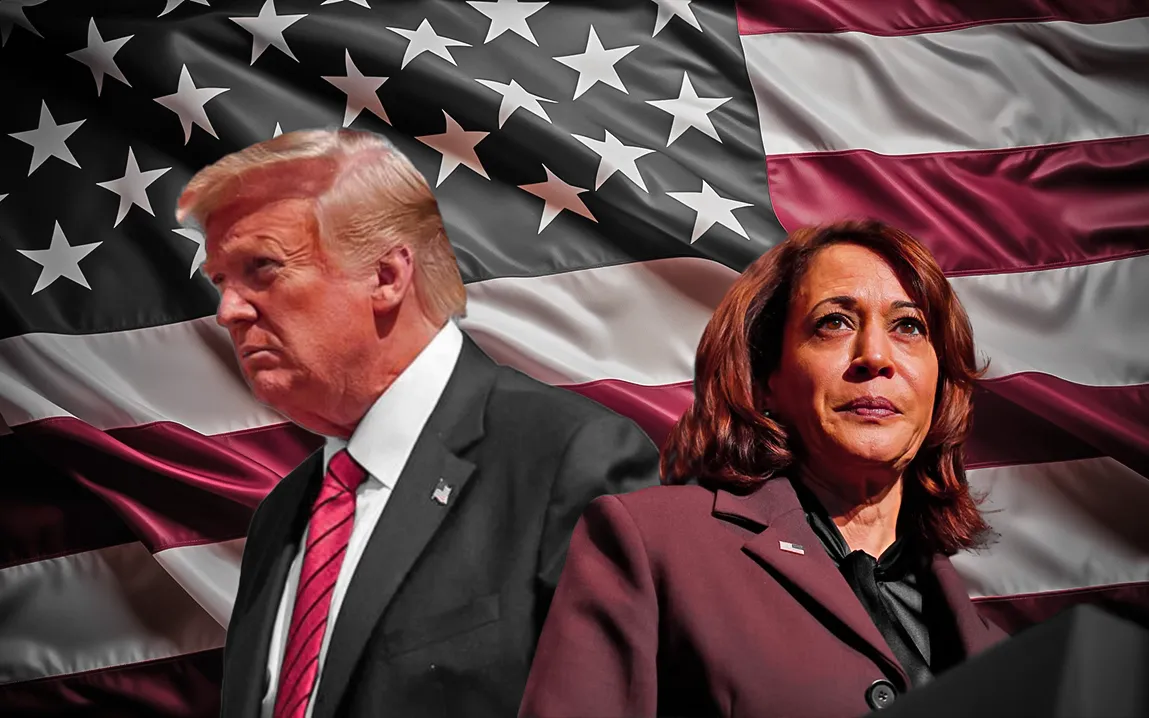In a meandering, at times combative news conference at his Mar-a-Lago estate, President-elect Donald Trump raised the possibility of using military or economic pressure to seize Greenland from Denmark and the Panama Canal from Panama. Trump’s remarks came as he repeatedly circled back to the theme of American sacrifice in building the canal, which he said was now controlled by the Chinese – a false claim. He even raised the possibility of military force, though he refused to rule it out, saying, “You might have to do something.”
Trump’s insinuation of using force to expand U.S. territory brought echoes of imperialist rhetoric-a radical departure from modern foreign policy as pursued by the nation. He said that the Panama Canal, given to Panama in 1999 after the treaty by the administration of President Carter, should have remained under the control of the United States. Trump described the transfer as a mistake and even declared that it cost the U.S. “the equivalent of a trillion dollars.” He showed interest in Greenland, despite Denmark’s firm stance that the territory is not for sale. Trump threatened to push Denmark through economic pressure, including tariffs, to acquire the land, further drawing criticism from international observers.
Trump also threatened economic retaliation against Canada, with warnings of trade restrictions if it did not hew more closely to U.S. interests. He even mused about merging the U.S. and Canada, calling Canada America’s “51st state,” and discussed charging high tariffs on Canadian exports-particularly in the automobile industry.
While these pronouncements are more probably political rhetoric, they raised some eyebrows by the mere aggressiveness of their tone and possible implications for relations with close U.S. allies. The idea of adding to American territory, especially by military or economic force, is indicative of an aggressive foreign policy. The signal here is dramatically different from diplomatic negotiation to more coercive means reminiscent of past territorial expansion, one of the most well-known instances being the Spanish-American War under President William McKinley.
Trump’s comments continue to fuel debate over the future of U.S. foreign relations, particularly with countries like Denmark, Panama, and Canada, as he prepares to take office. The question remains whether action will be taken on these fronts, but his rhetoric signals a bold, confrontational stance in global diplomacy.




